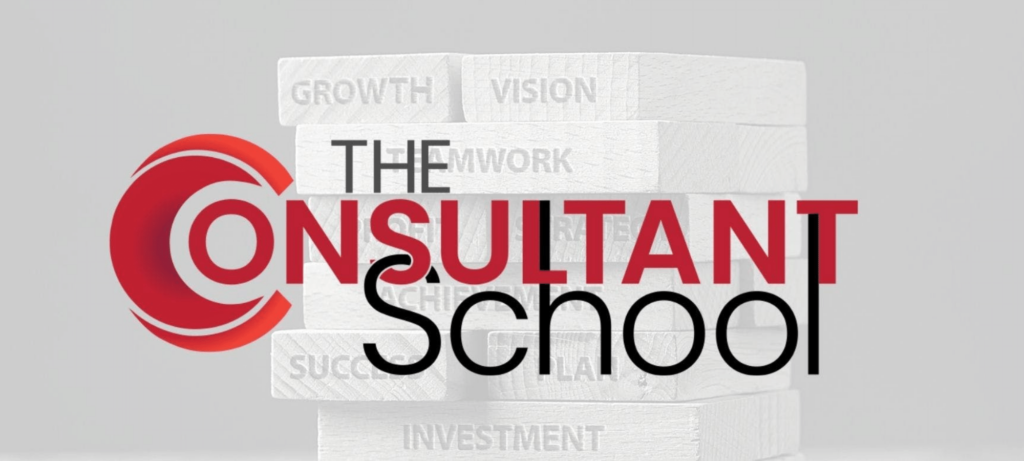How to Find Your Ideal Consulting Niche
In this episode, Genysys consultant Rachel Munaradzi, who works with people experiencing corporate burnout and with organizations on Diversity, Equity and Inclusion initiatives, talks with Andrea about finding her niche.
Highlights from their conversation include:
- Two different approaches to finding your niche:
- Get yourself and out there and allow the questions people ask you to guide you. OR
- Ask yourself some defining questions before you begin, such as:
- What are you interested in?
- What are you good at?
- What areas do you already have experience in?
- What areas are most of your network in?
- Why it’s important to be flexible and open to changing or expanding your niche.
- How to use feedback from clients and prospects, as well as trends in the marketplace, to help you further define your niche.
- Why you must look at finding your niche as building your brand.
As Rachel points out, determining your niche is one of the most critical first steps in starting your consulting business. It ensures you’re talking to the right people in your marketing and allows potential clients to determine if you can help them.
You can find Rachel at: www.rachelrudo.com. Or on LinkedIn @rachelrudomunyaradzi and Instagram @rachelrudo.
Looking for more information on how to start, build, and grow your consulting business?
Join our FREE TRAINING for new and aspiring consultants on The Successful Consultant Profile from The Consultant School Bootcamp: How to Become a Consultant.
In this training, you will learn:
- What a consultant is and what are the characteristics, attributes, preferences, skills, and conditions essential for a successful consulting career
- The definition of each of these and, importantly, why they are so critical to your success as a consultant
- How to determine to what extent these attributes match who you are
Plus! Identify your strengths and challenge areas with the Successful Consultant Profile Self-Assessment included in your downloadable guidebook.
Click here to get your free training and begin your journey towards success!











